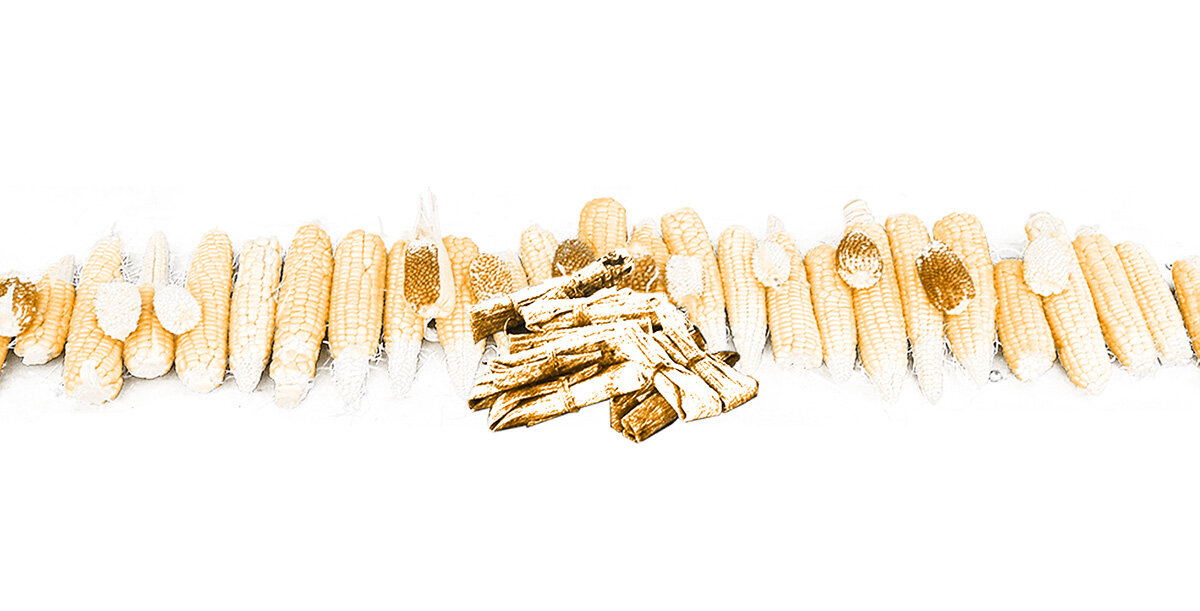
AFRICAN AMERICAN HOT TAMALES FROM THE MISSISSIPPI DELTA
The Southern Foodways Alliance has researched the origins of Hot Tamales of the Mississippi Delta, and share that “Some hypothesize that tamales made their way to the Mississippi Delta in the early twentieth century when migrant laborers from Mexico arrived to work the cotton harvest. African Americans who labored alongside Mexican migrants recognized the basic tamale ingredients: corn meal and pork. Others maintain that the Delta history with tamales goes back to the U.S.-Mexican War one hundred years earlier, when U.S. soldiers traveled to Mexico and brought tamale recipes home with them. Others still argue that tamales date to the Mississippian culture of mound-building Native Americans. Today, African Americans are the primary keepers of Delta tamale-making tradition.” Their online oral history project on Hot Tamales of the Mississippi Delta has interviews, short films, maps and more.
This short documentary, Rolling Delta Tamales, by Center for Documentary Projects of the Southern Foodways Alliance, is a portrait of tamale maker Elizabeth Scott, of Greenville, Mississippi, winner of the Ruth Fertel Keeper of the Flame Award. Today, six of her children and grandchildren carry on the tradition at their tamale stand on Martin Luther King Boulevard in Greenville.
El grupo “Southern Foodways Alliance” ha investigado los orígenes de los tamales calientes del delta del Mississippi y comparte que “algunos plantean la hipótesis de que los tamales llegaron al delta del Mississippi a principios del siglo XX cuando llegaron trabajadores migrantes de México para trabajar en la cosecha de algodón. Los afroamericanos que trabajaron junto a los migrantes mexicanos reconocieron los ingredientes básicos del tamal: harina de maíz y carne de cerdo. Otros sostienen que la historia del Delta con los tamales se remonta a la Guerra México-Estados Unidos cien años antes, cuando los soldados estadounidenses viajaron a México y trajeron recetas de tamales a casa. Otros todavía argumentan que los tamales se remontan a la cultura de Mississippian de los nativos americanos constructores de montículos. Hoy en día, los afroamericanos son los principales guardianes de la tradición de hacer tamales en Delta ”. Su proyecto de historia oral en línea sobre Hot Tamales of the Mississippi Delta tiene entrevistas, cortometrajes, mapas y más.
Este breve documental, Rolling Delta Tamales, del Centro de Proyectos Documentales de Southern Foodways Alliance, es un retrato de la productora de tamales Elizabeth Scott, de Greenville, Mississippi, ganadora del premio Ruth Fertel Keeper of the Flame. Hoy, seis de sus hijos y nietos continúan la tradición en su puesto de tamales en Martin Luther King Boulevard en Greenville.
This video by Great Big Story explores the history of tamales in the Mississippi Delta
You can learn more about Delta hot tamales in Anne Martin’s 2016 book, Delta Hot Tamales: History, Stories & Recipes, in which she gathers the history of Delta Tamales and stories of 25 different tamale makers.
Anne Martin grew up in the middle of the hot tamale epicenter, Greenville, Mississippi. She is an award-winning journalist, a writer, and co-founder of the Delta Hot Tamale Festival.